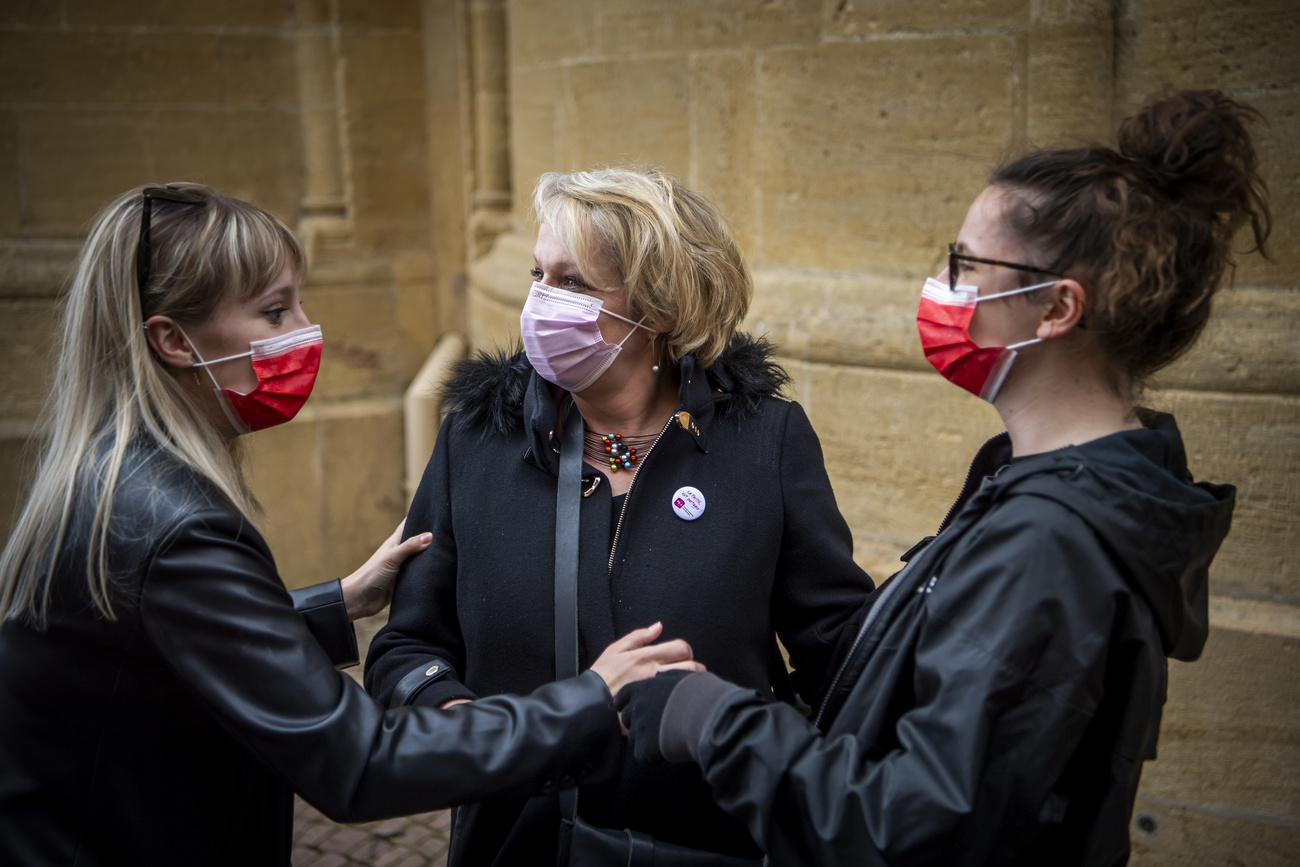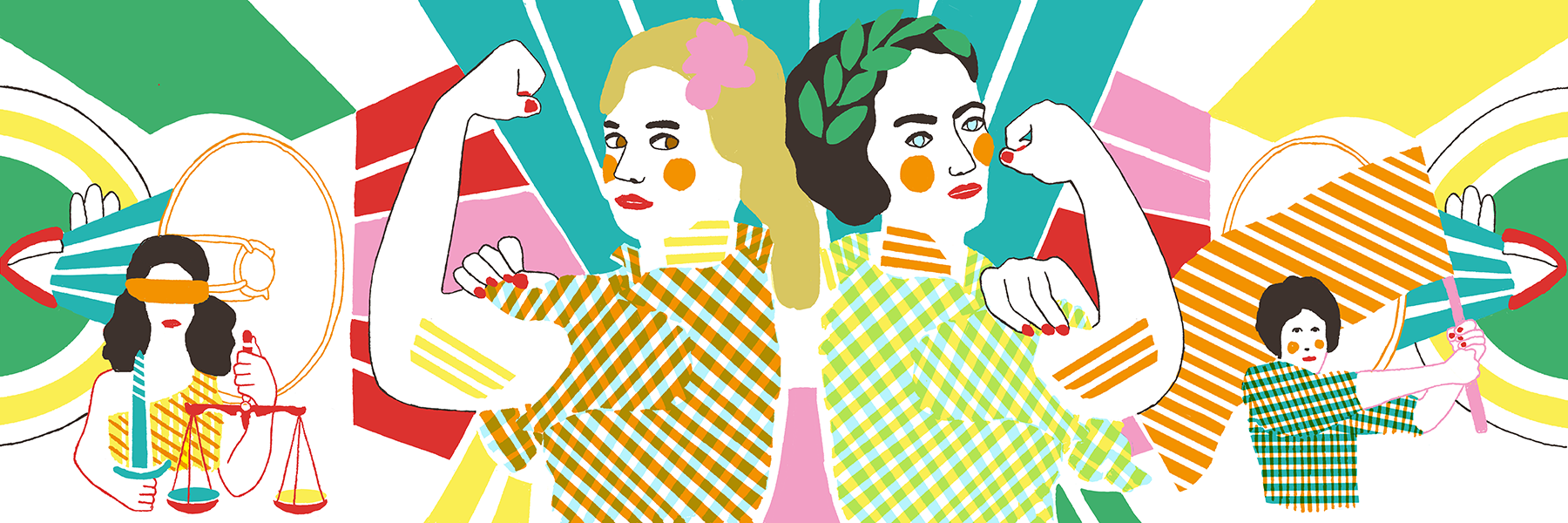
Historic female majority in Swiss cantonal parliament

For the first time in Swiss history, women make up the majority in a cantonal parliament. Voters in Neuchâtel have elected a local parliament compromising 58% women.
In 2013, the Neuchâtel parliament was made up of 23% women while in 2017 it was 34%. But after Sunday’s vote, female representation moved into a clear majority.
The achievement is all the more remarkable considering Switzerland’s slow progress towards women’s suffrage. Women were only allowed to vote at federal level in Switzerland from 1971, while the last canton resisted women’s suffrage until 1990.
Before the Neuchâtel vote the cantons of Basel City (42%, 2020), Zurich (40.6%, 2019) and Basel Country (40%, 2019) had returned the highest number of women in a cantonal parliament.
Political scientists Claude Longchamp told SWI swissinfo.ch that the Neuchâtel vote was inspired by political parties putting up a greater proportion of women candidates and a growing movement towards gender equality in all walks of life.
“This dynamic goes back to 2019, when the second women’s strike took place in Switzerland. Since then, discrimination in business, society and politics has increasingly become a public issue,” he said.
Neuchâtel, along with Vaud, was one of the first two cantons in Switzerland to introduce women’s suffrage at cantonal level in 1959.

More
The long road to women’s suffrage in Switzerland

In compliance with the JTI standards
More: SWI swissinfo.ch certified by the Journalism Trust Initiative

























You can find an overview of ongoing debates with our journalists here . Please join us!
If you want to start a conversation about a topic raised in this article or want to report factual errors, email us at english@swissinfo.ch.